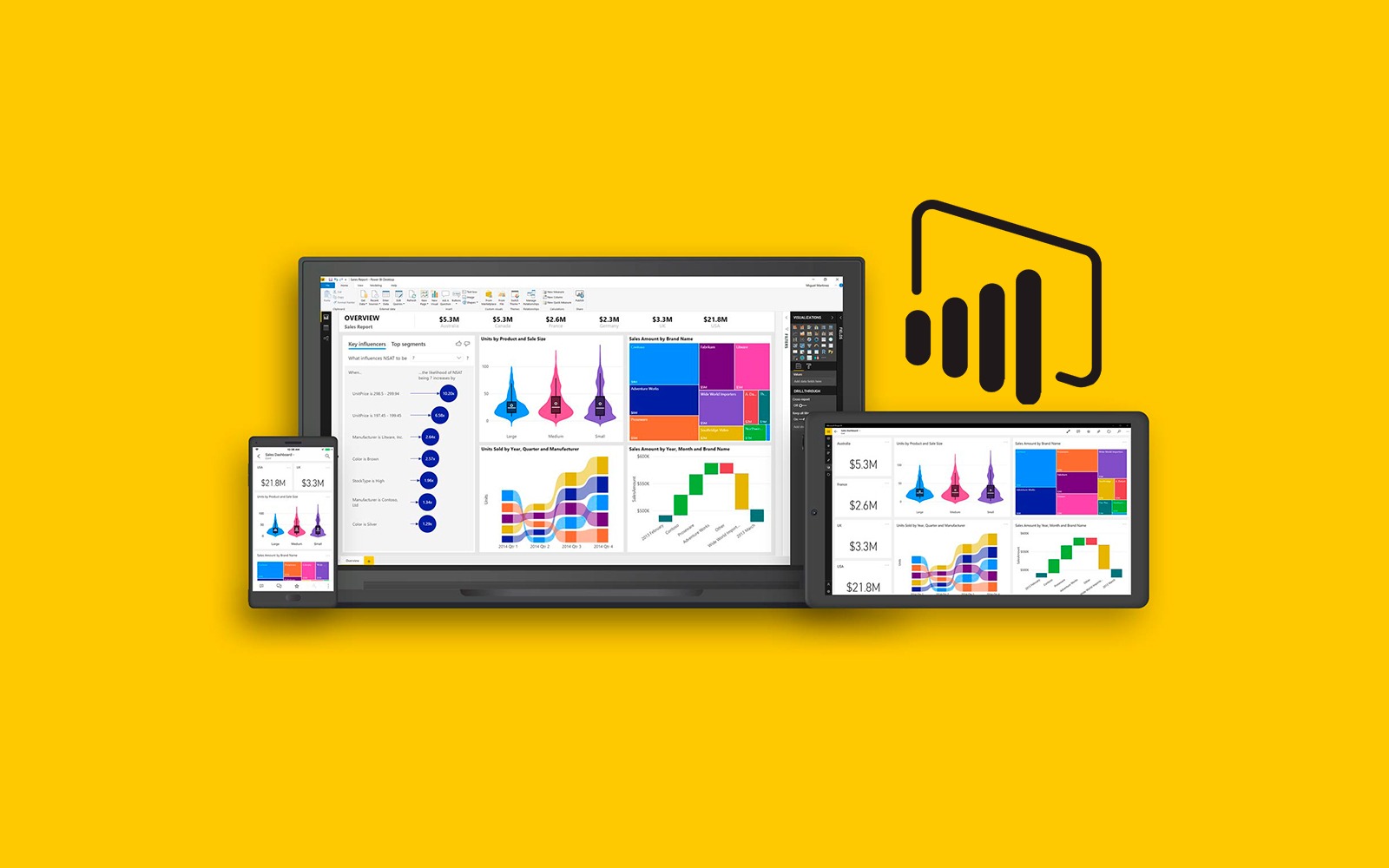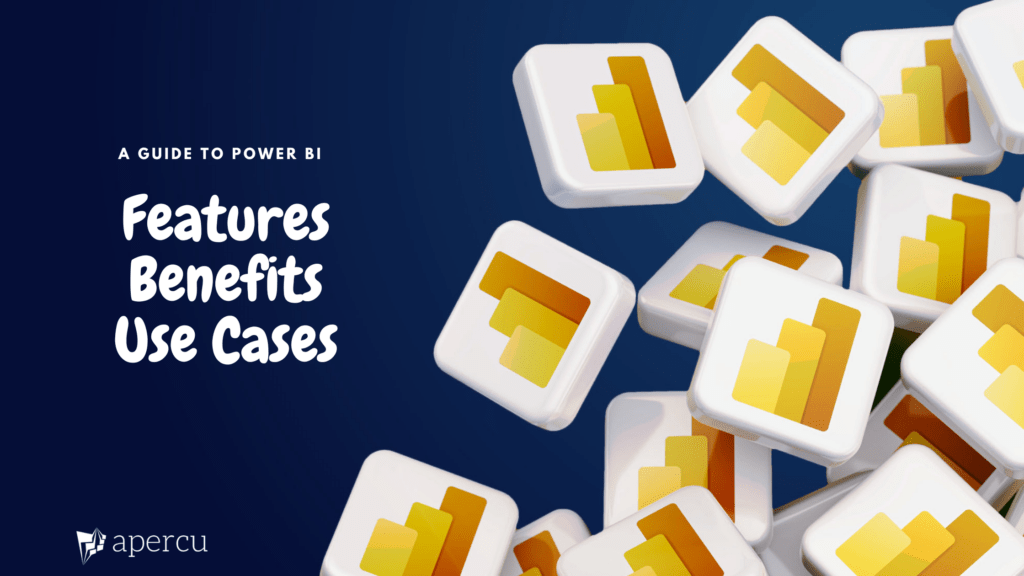Off-the-shelf business intelligence (BI) tools like Power BI and Tableau allow businesses to gain insights from their data. Such tools usually come with “batteries included”. BI professionals can use them to transform, model and visualize data. While off-the-shelf BI tools can be worthwhile, they may not be the best choice for small and medium-scale enterprises (SMEs).
Firstly, traditional BI software requires a significant upfront investment and ongoing costs can be high. Licenses have to be purchased for each user in the company. Also, pricing may be complicated and unclear. In some cases, licenses must be renewed every year even when the return on investment has not yet been achieved.
Secondly, traditional BI tools require significant training to be used effectively. This can be a barrier to entry for smaller organizations. It may be difficult for SMEs to find competent and certified trainers to ensure that they are making the most of the licenses that have been purchased.
Rather than purchasing off-the-shelf BI tools, SMEs can opt for bespoke data applications which are designed with their specific needs in mind. Data applications are web-based software solutions designed to help organizations quickly manage and analyze data. They are often cheaper than traditional BI tools and provide affordable ways for organizations to efficiently prototype analytics tools. They can be developed from scratch using easily accessible tools like Stremlit, Dash or Shiny
In addition to being relatively cheaper, data applications are easy to use. Since they are designed specifically for the business, they can be customized to fit existing workflows and reporting structures. Additionally, they may provide quick wins for companies who are searching for profitable use cases for BI.
Despite being cheaper and easier to use, data applications are not necessarily less powerful than traditional BI tools. Depending on the use case, data applications may offer advanced features like predictive analytics and machine learning, enabling businesses to gain insights that might not be possible with traditional BI tools.
Data applications are a viable alternative to off-the-shelf BI software. But they must be implemented strategically. Without a coherent strategy, businesses may end up with several data applications which duplicate efforts.
Is your company starting on its BI journey? Book a call so we can discuss your first data application.




